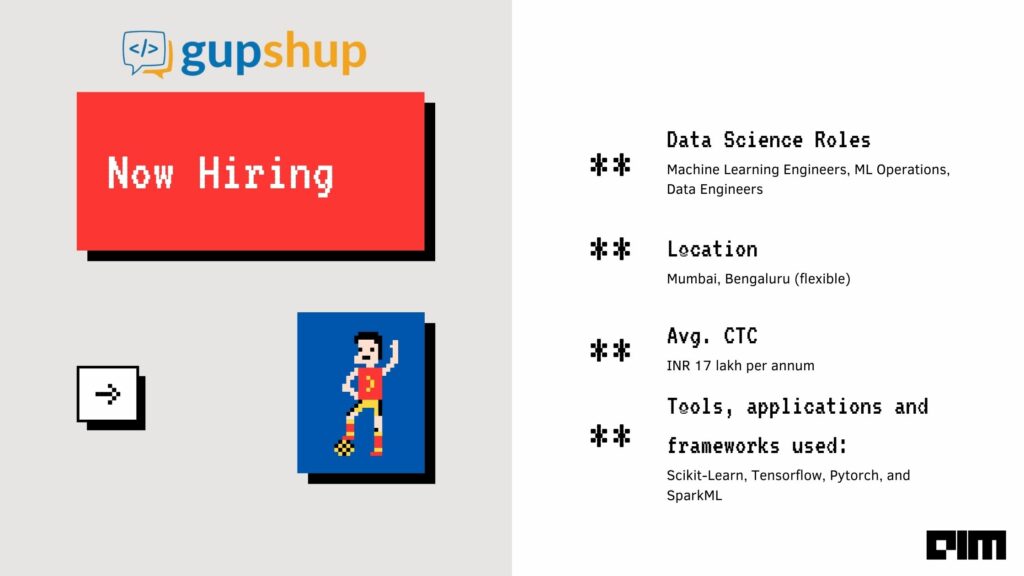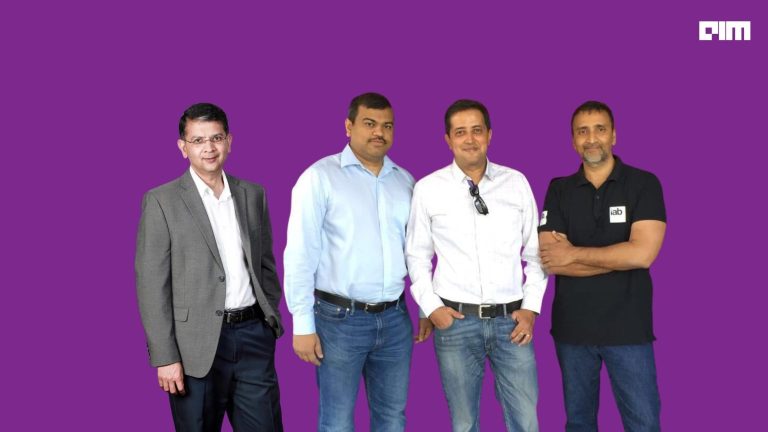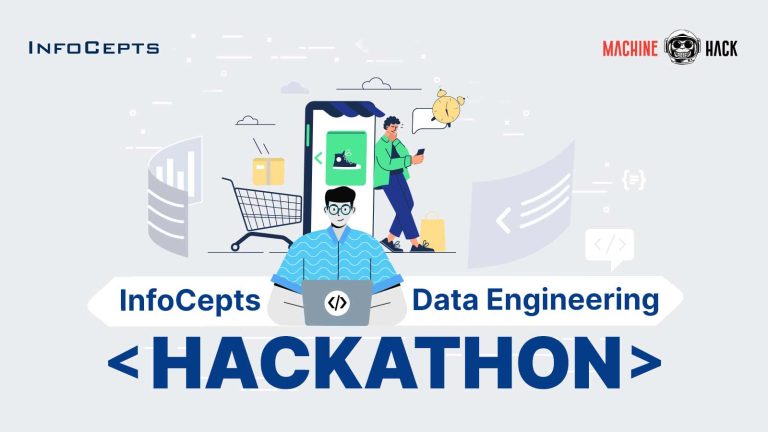Gupshup, which entered the unicorn club this year, is one of the leading conversational messaging platforms in the country, powering over six billion messages per month. Thousands of large and small businesses currently use Gupshup to build conversational experiences across verticals, including marketing, sales, support, etc.
Gupshup’s platform provides a single messaging API for 30+ channels, a conversational experience-building tool kit for any use case, and a network of emerging market partnerships across messaging channels, device manufacturers, ISVs and operators.
Thanks to Gupshup, many businesses have made conversations an integral part of their customer engagement success. In June 2021, the company took hundreds of restaurant outlets online across India with conversation commerce. Leveraging the Gupshup IP (GIP) messaging platform, Gupshup helped the restaurants digitise the customer experience to order, pay and receive home delivery directly.
Gupshup provided restaurants with messaging-based marketing solutions to promote offers, specials, and deals to their regular customers and has made restaurant management simpler with mobile-based management tools. That, in a way, helped restaurants get more direct business from customers, implement touchless dining for safety, and own their customer relationship through their marketing efforts.
The brain behind its innovative technology services and solutions led us to Gupshup’s data science team. “Since AI/ML is at the heart of our whole product lineup, it is present in virtually all of our services,” said Beerud Sheth, CEO and co-founder at Gupshup.
Gupshup currently has over 100 million users using its AI models to improve their messaging experiences. The co-founder said that the conversational assistants and document cognition-based AI found on Gupshup’s website have contributed significantly.
The company told Analytics India Magazine that it is on a hiring spree and looks to expand its data science team in the coming months. “We have a huge pipeline of AI use cases that we want to turn around. The amount of data that we have is increasing at a fast pace and, along with that, demand for value delivering AI use cases. The data scientists will be working on those use cases,” said Sheth.
Team Structure
Gupshup has a data science team of 10 members consisting of senior data scientists with about four reportees, including junior data scientists, machine learning engineers, etc. This data science team directly reports to the director of AI.
Interview Process
The hiring process for data science roles at Gupshup is quite simple. It consists of four levels:
- Resume screening
- 10 minutes phone-screen round
- Coding assignment
- Panel interview
“At Gupshup, we focus on accuracy and hence, the most important key result area (KRA) is model accuracy. Key performance area (KPA) also includes user adoption and manufacturing quality. The number of use-cases launched to production is used to calculate the turnaround time from inception to production,” said Sheth.
Expectations
“We look for candidates with knowledge of Scikit-Learn, Tensorflow, Pytorch, and SparkML. Along with these, candidates who aspire to join us must have a strong understanding of both traditional and deep machine learning,” said Sheth.
He also said that the product range at Gupshup requires natural language processing, sequence models, transformers and other related technologies.
Dos and Don’ts
“All the teams at Gupshup are talented individuals with significant knowledge. Therefore, candidates who plan to apply for data science jobs in Gupshup should brush up their ML fundamentals and should be familiar with the most common NLP scenarios,” said Sheth.
Sharing past experiences, Gupshup co-founder said they had observed the candidates trying to showcase their knowledge instead of the real hands-on experience. Instead, candidates should be able to explain in-depth details of the work that they have done previously.
Further, he said the most common mistake that candidates commit is focusing only on theoretical knowledge and failing to understand all of the finer intricacies of bringing a concept to existence/life.
Work Culture
“We have a work culture that is driven by innovation and risk-taking. We encourage our engineers to prototype fast and test concepts in the market. We have a huge existing customer base with a rich data bank from which we derive value,” said Sheth.
As a result, the team believes that building a use case from inception to production is significantly faster at Gupshup than most competitors. “Since we focus extensively on automation, bringing a concept to life also becomes a fast-paced as well as a result-oriented process,” added Sheth.
He said candidates who join the team would get an opportunity to learn quickly across various use cases in the areas of NLP, computer vision, structured data, and more. At Gupshup, the team also said that they have the cutting-edge infrastructure, including GPUs and TPUs, to train the most complicated and complex models. If selected, candidates will get to experiment under the distributed training of deep models over many GPUs and TPUs.



































